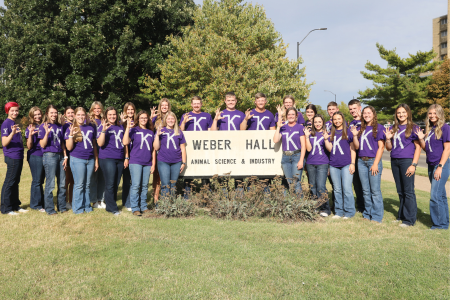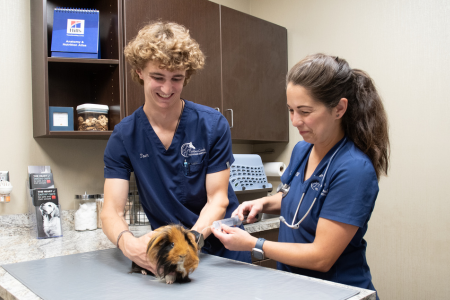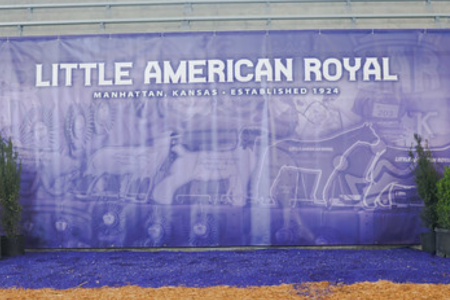Animal Sciences & Industry Undergraduate Degree
Academic plans serve as the foundation for a degree in Animal Sciences & Industry, allowing students to select their course work based on their interests and career goals.
Students can enchance their academic plans through concentrations, minors and certificates.


